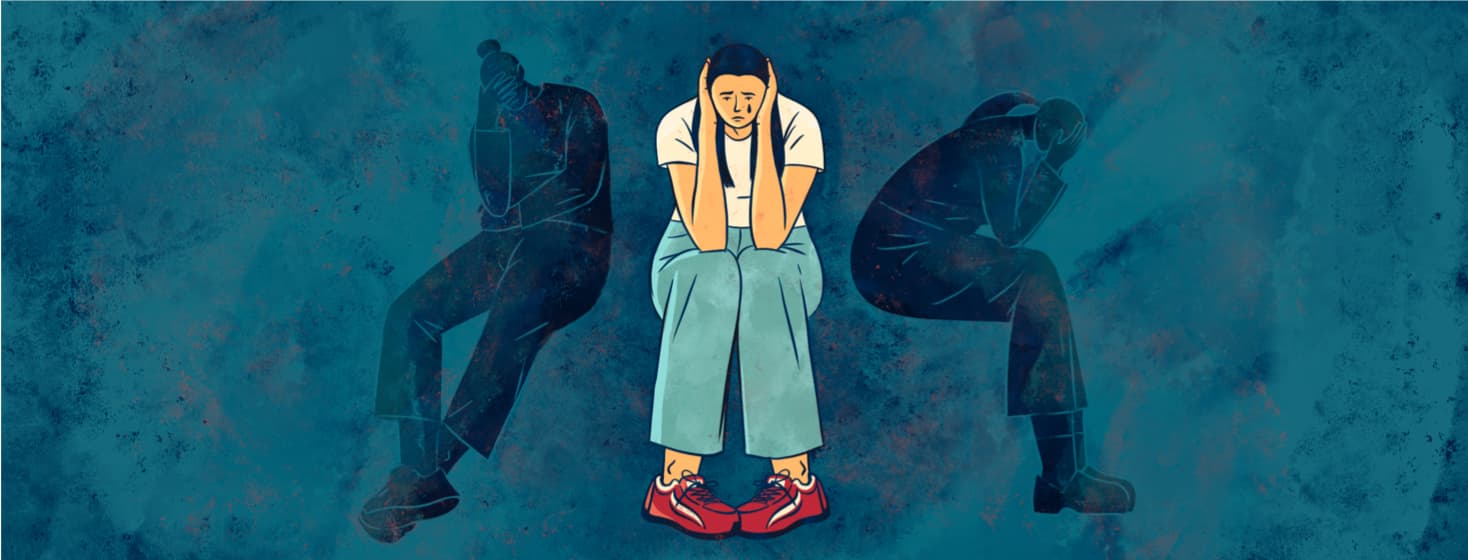ACEs: What Are They and How Are They Linked to Liver Disease?
Too often, social impacts on your health are not given a lot of attention. Especially things that happened to you growing up and the type of situations you were put in as a child. Yet, your childhood plays a big role in your risk for chronic diseases, like heart disease, cancer, and more.
In 2003, a group of researchers looked at liver disease and its connection to one’s childhood using the ACEs scale.
What are ACEs?
ACEs stands for “Adverse Childhood Experiences.” It’s a scale used to count how many hard or painful experiences you had as a child.
For example, ACEs look at different kinds of abuse, such as emotional, physical, and sexual abuse. It even considers physical abuse of others, such as your mother.
The ACEs scale also assesses your childhood home life and asks about physical neglect (not having enough food or clean clothes, not having medical care, and so on), emotional neglect (not feeling important, loved, cared for, or that you belong), drug or alcohol abuse or mental illness in the house, having a family member that has been in jail or prison, or any parent separation or divorce.1
Overall, a higher ACEs score (the more trauma you had in your childhood), the higher your risk for health problems. Researchers point to two major reasons.
One, if you’ve had a lot of these experiences, it causes long-term stress (also called toxic stress). As a child, toxic stress changes how your brain grows and how your immune and stress systems work.
This is even more likely if you and your family also have other social stressors (racism, poverty, etc). The second reason is a higher ACEs score is linked to riskier habits, such as alcohol abuse, smoking, drug abuse, and a high number of sexual partners, for example.
These habits make it harder to get great healthcare, find safe housing, and keep a good job as an adult. They also increase your risk of chronic diseases.1,2
ACE score and liver disease
The 2003 researchers did see a link between high ACE scores and liver disease. One thing the group noticed, however, is that the link had more to do with riskier habits than it did with toxic stress.
That makes sense.
Many of the high-risk habits that are associated with a high number of ACEs are also the same habits that increase your risk for liver disease, including hepatitis C. In fact, common causes of cirrhosis or liver disease are hepatitis infections, like B and C, and alcohol abuse.1
If you’re reading this piece, it’s likely you or a loved one already have hepatitis C. You may be wondering why talking about ACEs is so important.
First, it’s important to look at health from a wider view, instead of a single event. ACEs are a way of showing you how your social world can greatly impact your health.
Two, ACEs can be prevented, with the right tools and training, and community support. That means you can look for ways to break your family cycles and change your family tree.
Finally, ACEs are another assessment tool your primary care provider (PCP) can use to check your risk for other health problems.

Join the conversation